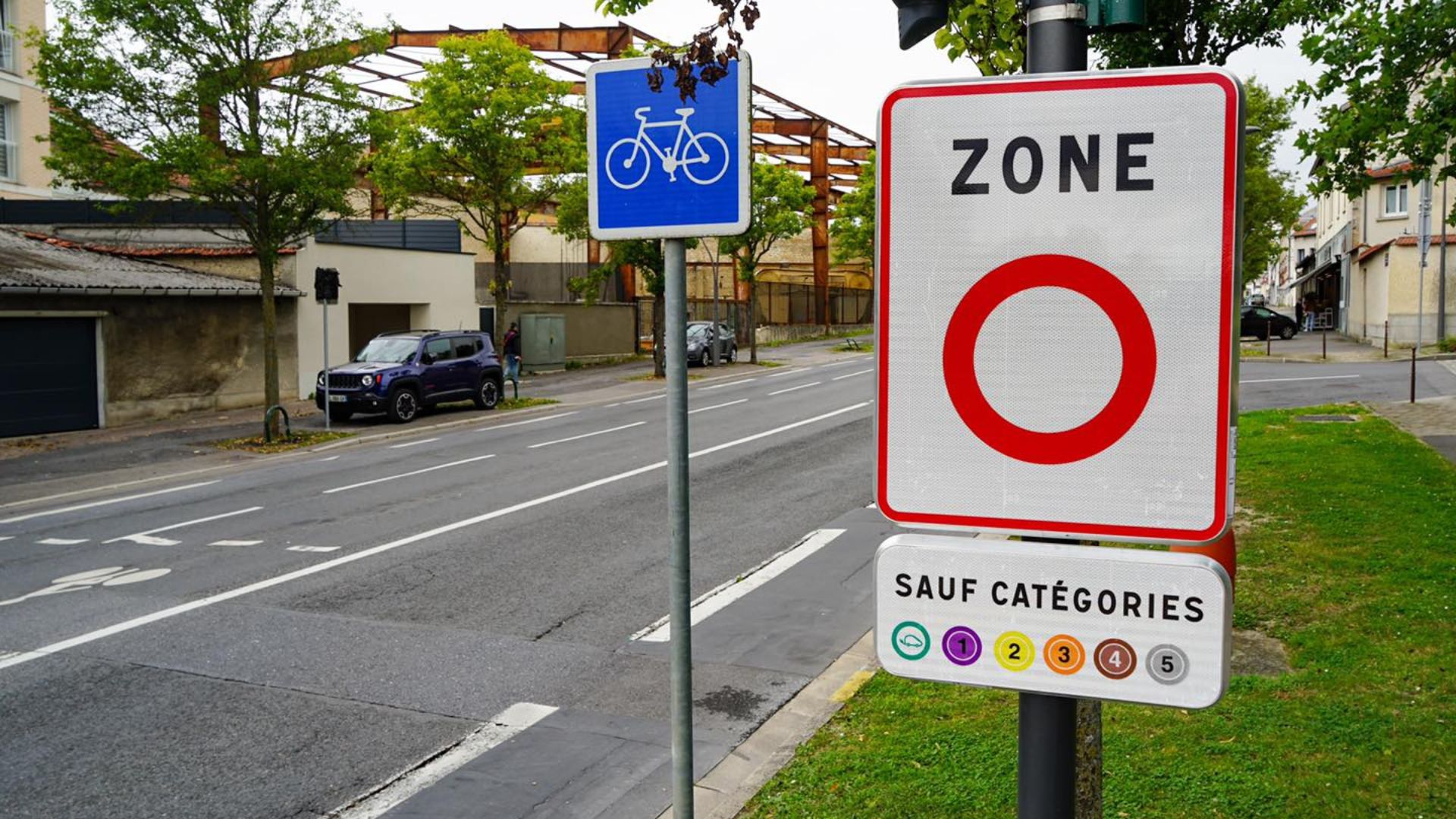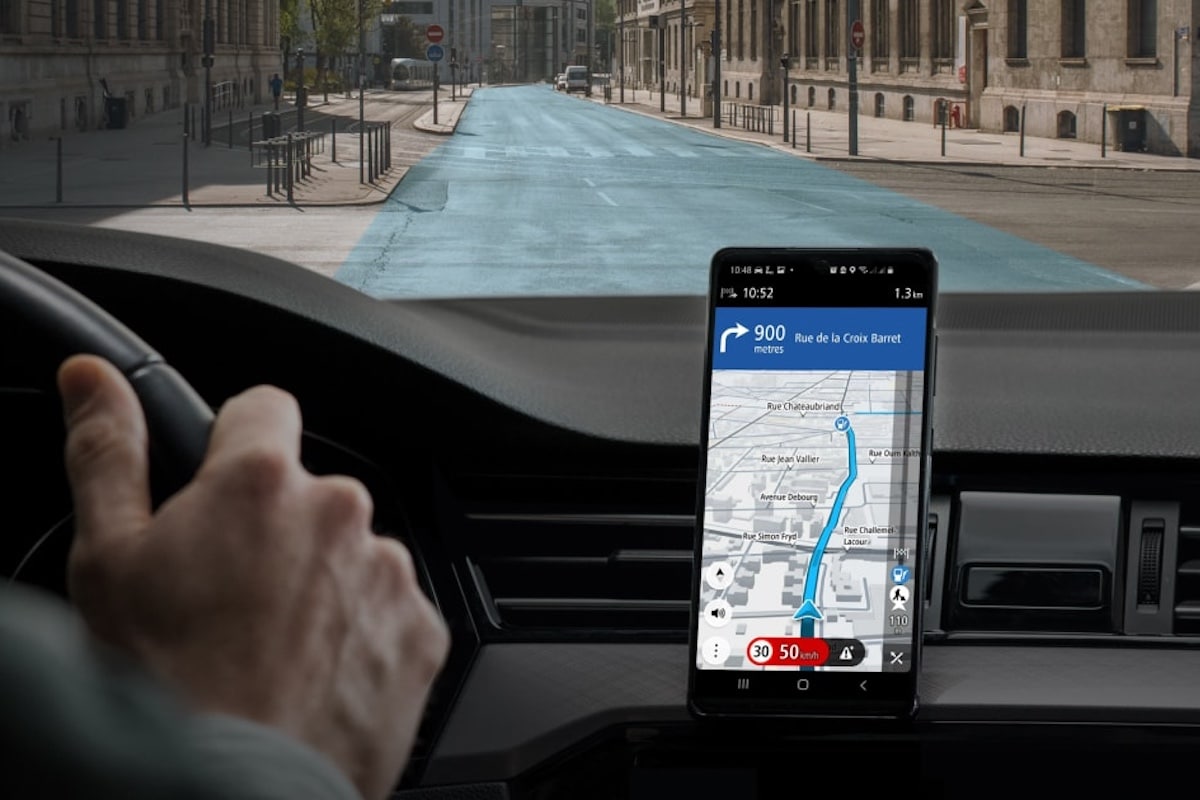Abolition of Low Emission Zones: Victory of the Economy over Ecology?

On May 28, 2025, the National Assembly voted, against all expectations, to abolish the low-emission mobility zones (ZFE-m) in France.
An unexpected majority – uniting the National Rally, The Republicans, France Unbowed, and a few Renaissance deputies – came together to dismantle one of the pillars of urban environmental policies initiated in 2019.
This decision, still provisional as it will need to be confirmed after parliamentary review, marks a symbolic turning point in how France articulates its climate goals, social urgencies, and electoral balances. But is it really a defeat for ecology or, paradoxically, a victory for the economy of city centers and social justice?
ZFE: an environmental tool turned marker of inequality
Introduced by the 2019 Mobility Orientation Law, the ZFE aimed to progressively restrict access to urban centers for the most polluting vehicles. The goal: to improve air quality in heavily exposed areas, given that air pollution is responsible for nearly 40,000 premature deaths per year in France.
But on the ground, the implementation of the ZFE – already active in several major cities like Lyon, Paris, Grenoble, and Marseille without real monitoring or penalties – has revealed a major social divide. The most modest populations, often living in suburban rings and reliant on older cars, found themselves on the front lines. Due to insufficient support, many experienced the ZFE as a punitive, exclusionary form of ecology imposed from the heart of metropolitan areas.

The specter of the Yellow Vests and the populist shift
As the municipal elections of 2026 and the presidential election of 2027 approached, the ZFE became a political totem. Opponents saw it as an opportunity to replay the Yellow Vests saga: denouncing a France of city centers against peripheral France, standards against freedoms, “green elites” against the daily lives of the French.
The National Rally made it a battle horse by advocating for a “popular and pragmatic” ecology, while France Unbowed criticized a transition led “at the expense of the working classes.” Even on the right, The Republicans took a stand against measures deemed “brutal and unfair.” As for the elected officials of the presidential majority, several faltered, concerned about the rising anger in their constituencies.
City centers under pressure: between attractiveness and accessibility
But beyond political considerations, it is also an economic logic that has intruded into the debate. Many cities noted a decline in foot traffic in their centers, undermined by traffic restrictions, the rise of e-commerce, and the costs of urban living.
For some mayors, the ZFE now appeared as an obstacle to local dynamism: artisans, merchants, delivery people, mobile professions… many felt the prohibitions were incompatible with their activities. In this context, the abolishment of ZFE is also perceived locally as a way to revive the economic vitality of cities, by facilitating access once again to urban cores.
But at what cost? That is the question posed by this reversal. By attacking a central lever of anti-pollution policy, France risks distancing itself from its climate and health commitments. It could also expose itself to heavy sanctions from the European Union, which has already condemned the country for its persistent violations of air pollution thresholds.
By abandoning the ZFE without a clear alternative – massive electrification, accessible mobility, incentivizing taxation – ecological transition risks taking a hit. The health gains achieved in certain metropolitan areas thanks to these restrictions could be erased. And the cities, now relieved, may face a backlash of legal and environmental consequences tomorrow.
An ecological setback or a necessary reform?
Is the abolition of the ZFE a defeat for ecology or a victory for the economic realities of the regions? Perhaps both at once. This vote on May 28, 2025 illustrates an unresolved tension: how to implement ambitious climate policies in a society that doubts, suffers, and demands more justice and clarity?
In the end, it is perhaps less the ZFE tool itself that is rejected, but the method: vertical, technocratic, disconnected from everyday life. It remains to be seen whether this decision made in anger will pave the way for a reimagined ecology, more inclusive, more localized, and finally reconciled with ground-level expectations.
A second trend, perhaps even more brutal, is also emerging: the rapid shift to complete electrification. Company cars must now be electric or hybrid. It will soon be the same for delivery vans or scooters from services like Deliveroo or Uber Eats, for example. Thus, the notion of ZFE may seem quite futile.
It may be this little political arrangement that the deputies have ultimately agreed upon… pulling the blanket over themselves to please their voters.
ALSO READ: ZFE without worries? Exchange your Twingo for a Ferrari!
This page is translated from the original post "Suppression des ZFE : victoire de l’économie sur l’écologie ?" in French.
We also suggestthese articles:
Also read




